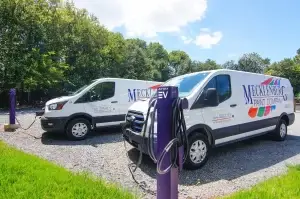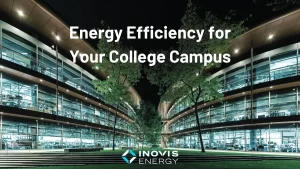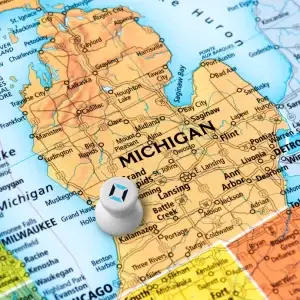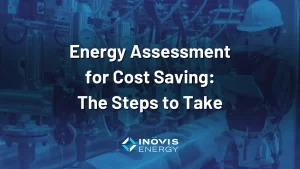
Understanding BERDO: A Guide for Building Owners
Hey there, building owners! If you own or manage property in Boston, you’ve probably heard about the Building Emissions Reduction and Disclosure Ordinance (BERDO). This

Hey there, building owners! If you own or manage property in Boston, you’ve probably heard about the Building Emissions Reduction and Disclosure Ordinance (BERDO). This
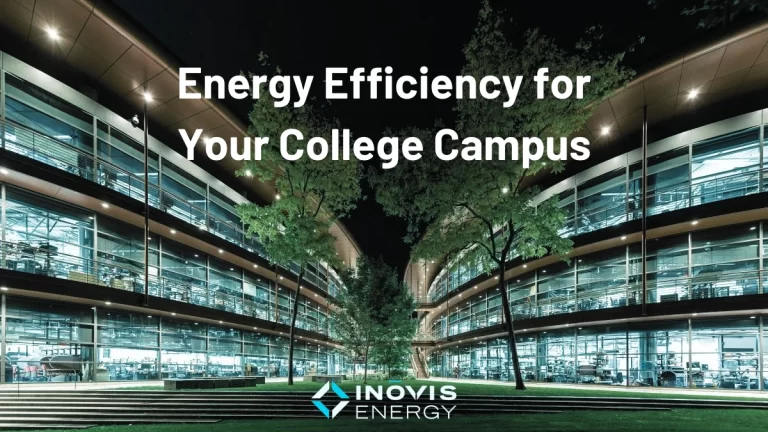
Colleges are looking at ways to save energy on campus as higher utility costs and increased operational and maintenance expenses push them to conserve. Higher education institutions, which host a lot of students who are also away from home for longer periods of time, are especially concerned with conserving energy. Here are some terrific ideas for saving energy while maintaining a beautiful campus.
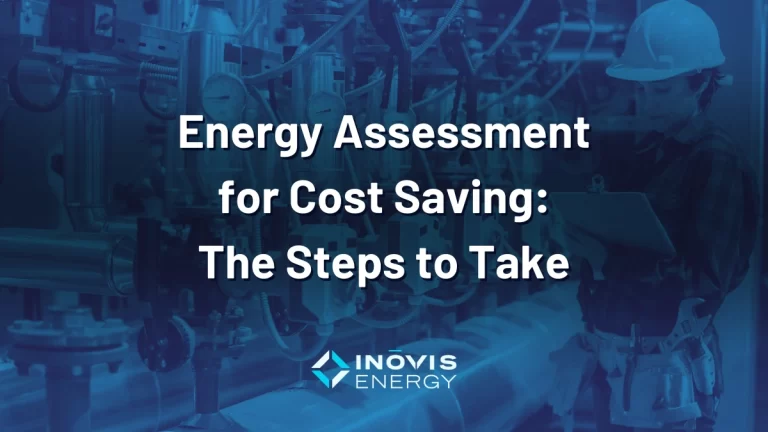
Energy assessments help identify areas where businesses can save money on energy costs. They can identify inefficiencies in energy use, equipment, and systems. By identifying these inefficiencies, businesses can make changes that reduce their energy usage, resulting in lower energy bills.
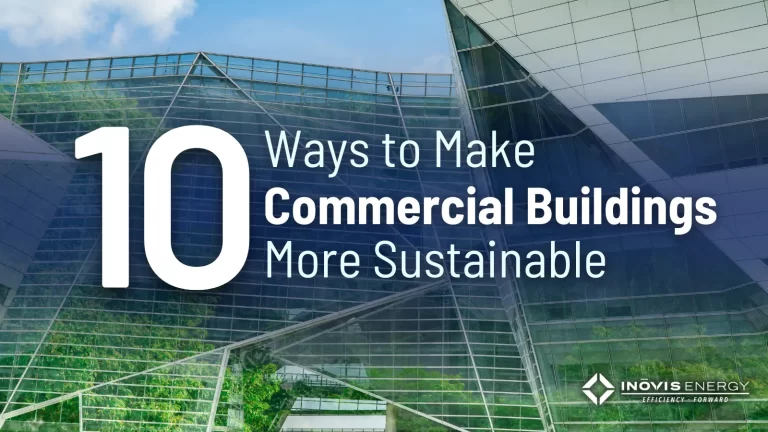
Discover 10 practical and effective ways for property managers to improve the sustainability of commercial buildings. From implementing energy-efficient lighting to using smart controls and renewable energy sources, this blog offers valuable insights and tips to reduce environmental impact, save money, and enhance tenant satisfaction. Learn how to optimize your building’s performance and contribute to a greener future.
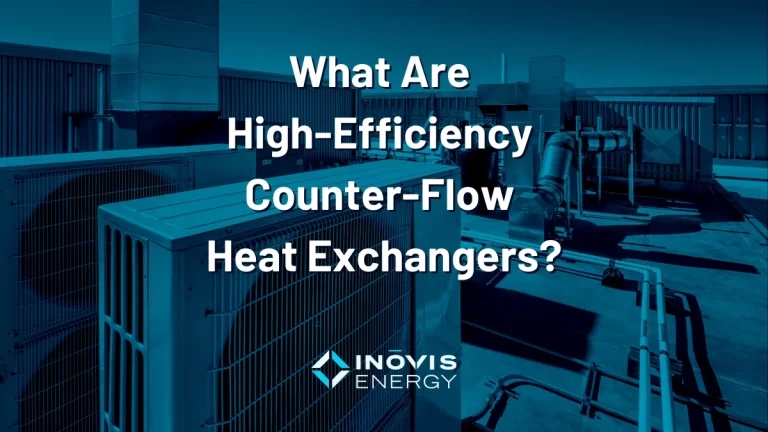
High-efficiency counter-flow heat exchangers are a key component of HVAC systems that can significantly improve energy efficiency and reduce energy costs in buildings. By recovering heat from exhaust air and transferring it to incoming fresh air, these heat exchangers can reduce the amount of energy required to heat or cool a building. When combined with control systems such as economizers, scheduling, and ventilation controls, the efficiency and effectiveness of HVAC systems can be further optimized. Learn how Inovis Energy can help you identify opportunities to save money on energy costs and reduce your building’s carbon footprint with a no-cost assessment.
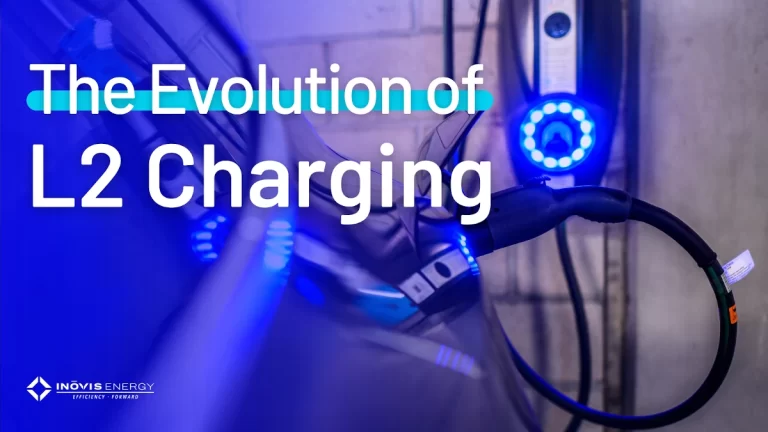
EV infrastructure and adoption are strongly correlated. It’s not just availability that plays a role, either: standardization is key in shaping the future of EV adoption. Case in point, take a look at the evolving standard for L2 chargers and the shift from 30-amp to 48-amp charging.

